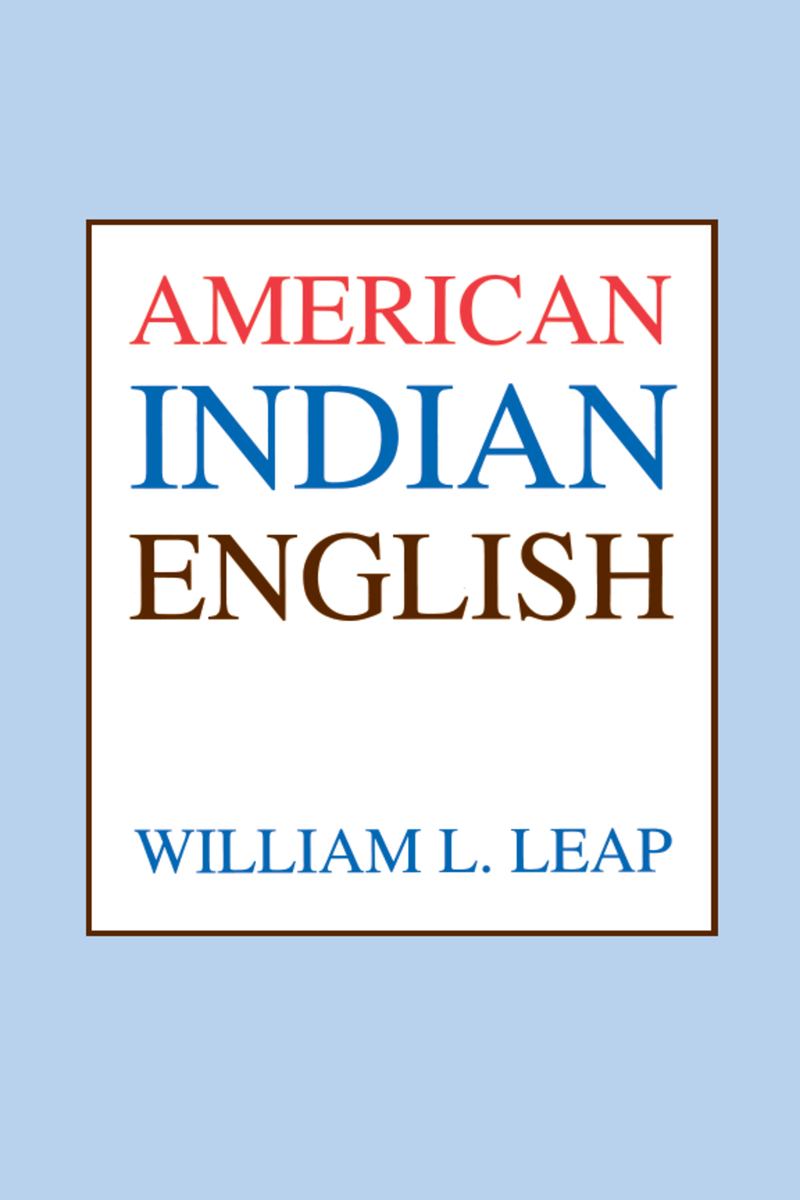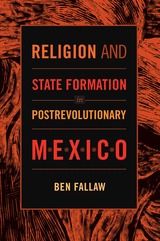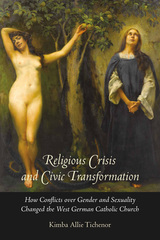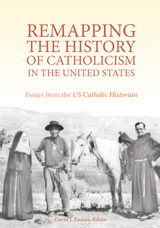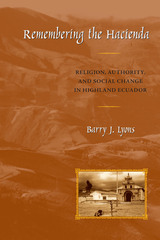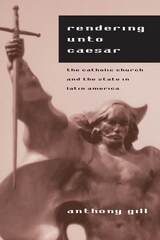American Indian English
University of Utah Press, 1993
Paper: 978-0-87480-639-7 | eISBN: 978-1-60781-198-5
See other books on: American Indian English | Cultural & Social | Foreign Language Study | Indigenous Languages in the Americas | Leap, William L
See other titles from University of Utah Press
Paper: 978-0-87480-639-7 | eISBN: 978-1-60781-198-5
ABOUT THIS BOOK | AUTHOR BIOGRAPHY | REVIEWS | TOC | REQUEST ACCESSIBLE FILE
ABOUT THIS BOOK
American Indian English documents and examines the diversity of English in American Indian speech communities. It presents a convincing case for the fundamental influence of ancestral Native American languages on respective modern Indian English codes.
A distillation of over twenty years’ experience, William Leap’s pioneering work on the varieties of American Indian English explores the linguistic and sociolinguistic characteristics of language use among Navajo, Hopi, Mojave, Ute, Tsimshian, Kotzebue, Ponca, Chilcotin, Seminole, Cherokee, and other American Indian tribes.
Unlike contemporary studies on schooling, ethnicity, empowerment, and educational failure, American Indian English avoids postmodernist jargon and discourse strategies in favor of direct description and commentary. Data are derived from real-life conditions faced by speakers of Indian English in various English-speaking settings. This practical focus enhances the book’s accessibility to Indian educators and community-based teachers, as well as non-Indian academics.
A distillation of over twenty years’ experience, William Leap’s pioneering work on the varieties of American Indian English explores the linguistic and sociolinguistic characteristics of language use among Navajo, Hopi, Mojave, Ute, Tsimshian, Kotzebue, Ponca, Chilcotin, Seminole, Cherokee, and other American Indian tribes.
Unlike contemporary studies on schooling, ethnicity, empowerment, and educational failure, American Indian English avoids postmodernist jargon and discourse strategies in favor of direct description and commentary. Data are derived from real-life conditions faced by speakers of Indian English in various English-speaking settings. This practical focus enhances the book’s accessibility to Indian educators and community-based teachers, as well as non-Indian academics.
See other books on: American Indian English | Cultural & Social | Foreign Language Study | Indigenous Languages in the Americas | Leap, William L
See other titles from University of Utah Press
